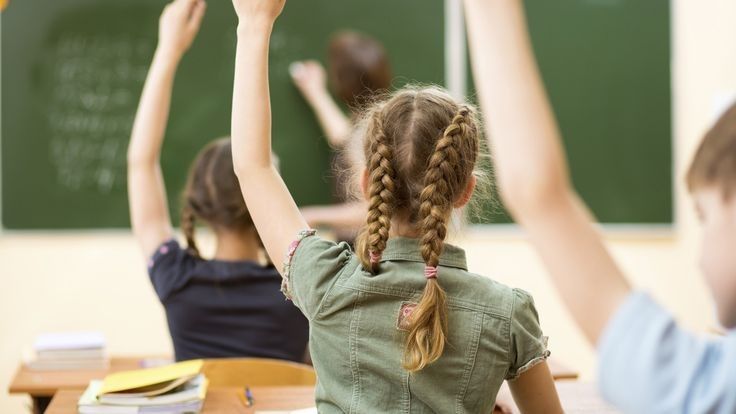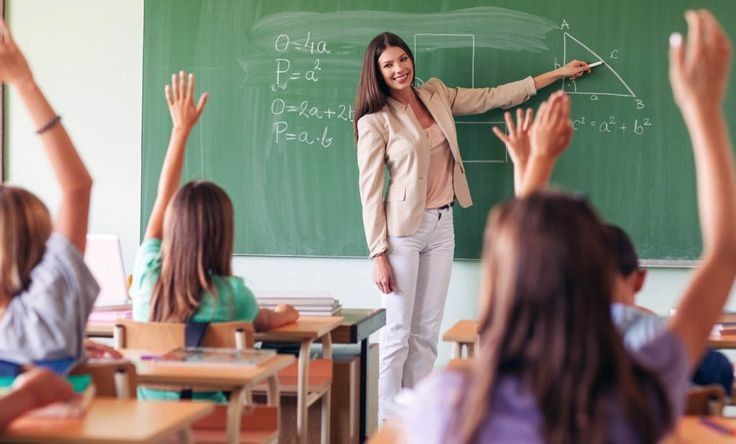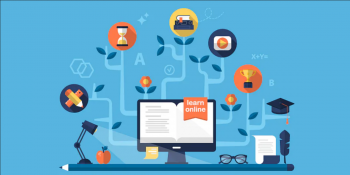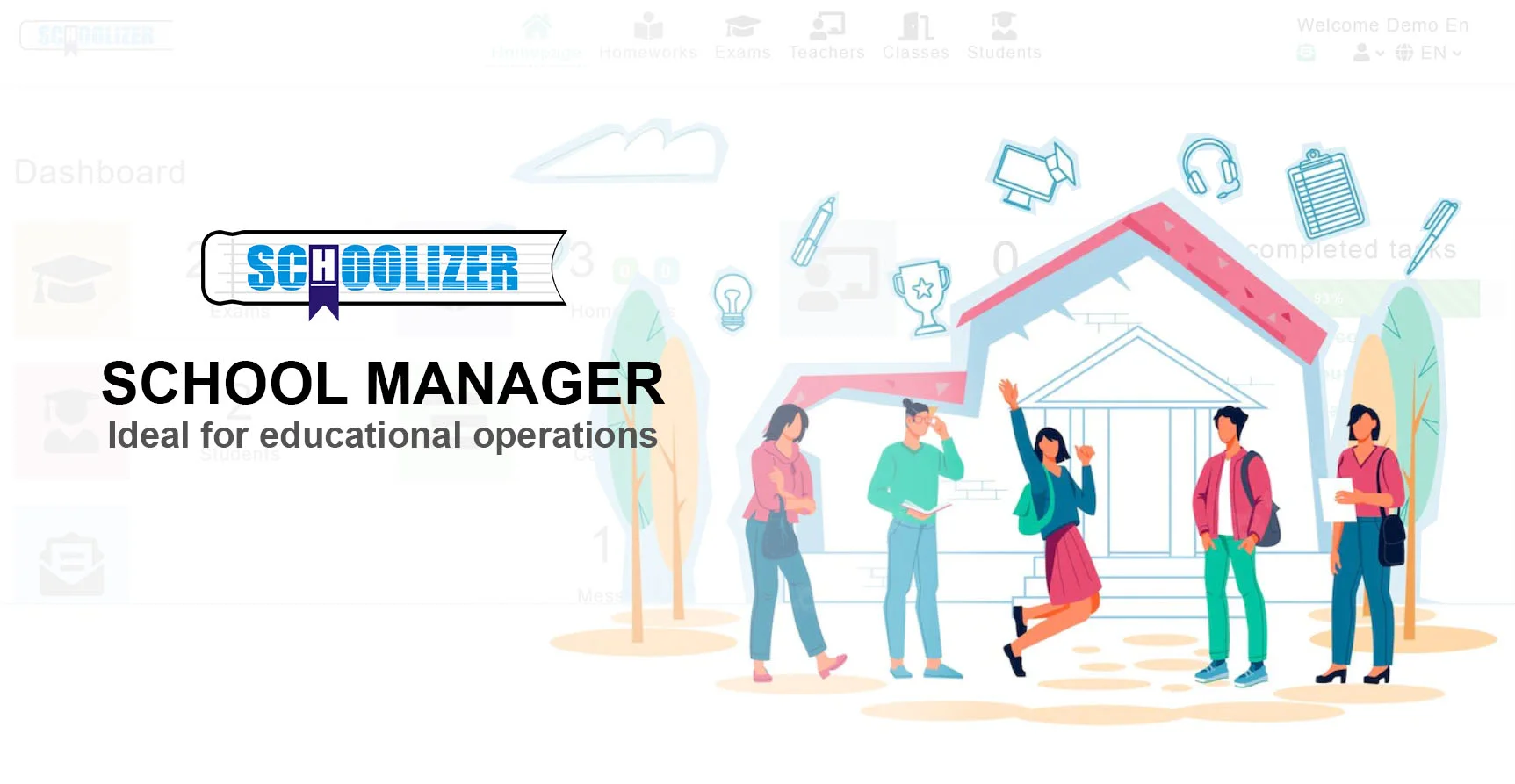The Positives and Negatives of Utilizing Social Media in Education

Over the past two decades, significant advancements in the technology sector have provided a range of tools to connect people worldwide.We can all agree that social media is one of the greatest inventions ever, which has affected our daily lives whether we like it or not.
But is it possible to use social media in education and benefit from it in the teaching field? Of course!
Additionally, students have also engaged in these networks for educational purposes, benefiting from their services within the framework of blended learning or online education.
The Optimal Use of Social Media in Education
To benefit from social media in education, the role of the teacher is crucial in achieving the ideal utilization of these networks in education and understanding their impact on students and the educational process as a whole.
Before starting to teach the course, the teacher can create a page on any social media site where experts and interested students participate, and take their opinions.
This helps the teacher in determining the content and formulating the course objectives. Also, it can help with:
- Conduct interactive discussions on important topics.
- Divide students into groups in case of cooperative learning, such as graduation projects.
- Send messages to an individual or a group of students through the personal page when needed.
- Submit and receive homework and other assignments.
- Some social networking tools, such as "comment" or "like" icons, can be used to take students' opinions on course components.
- Identify the category that will benefit from the learning process.
- Create a closed page or group that includes only the benefiting category, with the ability to control the addition or non-addition of new members from outside.
- Clearly define the group's goals and purpose.
- Appoint a leader for the group, a faculty member who can appoint a student as the group's secretary.
- Define the principles and regulations organized for the group and the educational process.
- Allow for organizing the roles of the members and coordinating between the group leader and its members.
- Allow and facilitate optional relative entry for subgroups.
Read More: How to Deal with Students on the First Day of School.

Advantages of Social Media in Education
In general, the most important benefits of social media in education are:
- Enhancing communication channels.
- Developing students' self-confidence, especially for those who are socially isolated in real life.
- Increasing technical skills.
- Providing a new and fast source of urgent and important news in the field of education.
- Increasing awareness of societal, cultural, and political values.
- Increasing opportunities for self-learning.
- Enhancing family and social communication, as social media may help families keep track of their children's news in educational institutions.
- Speeding up interaction and obtaining information from institutions and individuals.
Read More: The 7 Principles and Ethics of the Teaching Profession.
You might be worried about the negative side of the internet in education, so are there consequences to using social media in our teaching practices?
The answer is: Yes, some obstacles hinder the optimal use of social networks in education. Despite the positive roles that social networks offer for education.
There are some drawbacks or what we can call the negatives of using social media in education.
Read More: The Most Common Classroom Problems and Solutions.

Negatives of Using Social Media in Education
- Lack of logical organization for some available information on the network.
- Some information may raise doubts about religious and national beliefs.
- Scientific and literary theft of educational research.
- The emergence of internal terrorism among network users.
- Prolonged sitting in front of computer screens has health effects.
- The use of social networks may involve a violation of students' privacy.
As each student has a profile on these sites and this information may be misused if disclosed by untrustworthy individuals.
Despite these few disadvantages, the advantages seem much greater, leading us to believe that the role of social media in education will continue, and indeed, it will increase and become more practical and widespread in the coming years.
Are you wondering how to better yourself as a teacher? Schoolizer can help out with everything you need!
Read More: Effective Questioning Techniques for Teachers.






